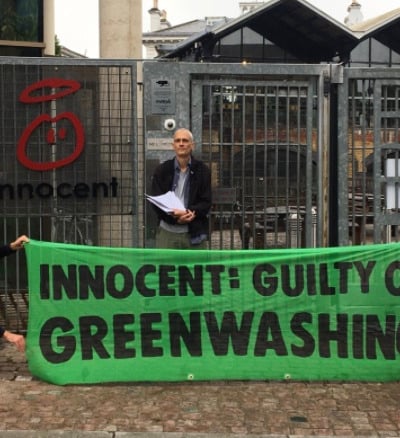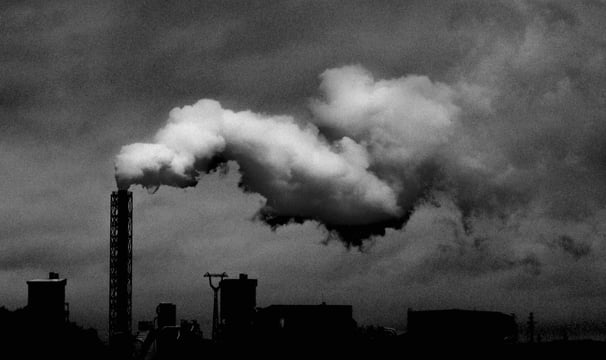Our environment is our life
Our Mission
We organise as citizens to speak truth to power, uncover false narratives, and promote facts-based system change around plastic.




Into Action
Ask us to come and talk, get involved, or learn more.


We can send a speaker to give a talk on the false narratives around plastic. Get in touch.


We organise together to shed the light on government and corporate irresponsibility. We would love you to join us.


Learn more by reading our info and original research.

Contact Us
Ask us anything.


